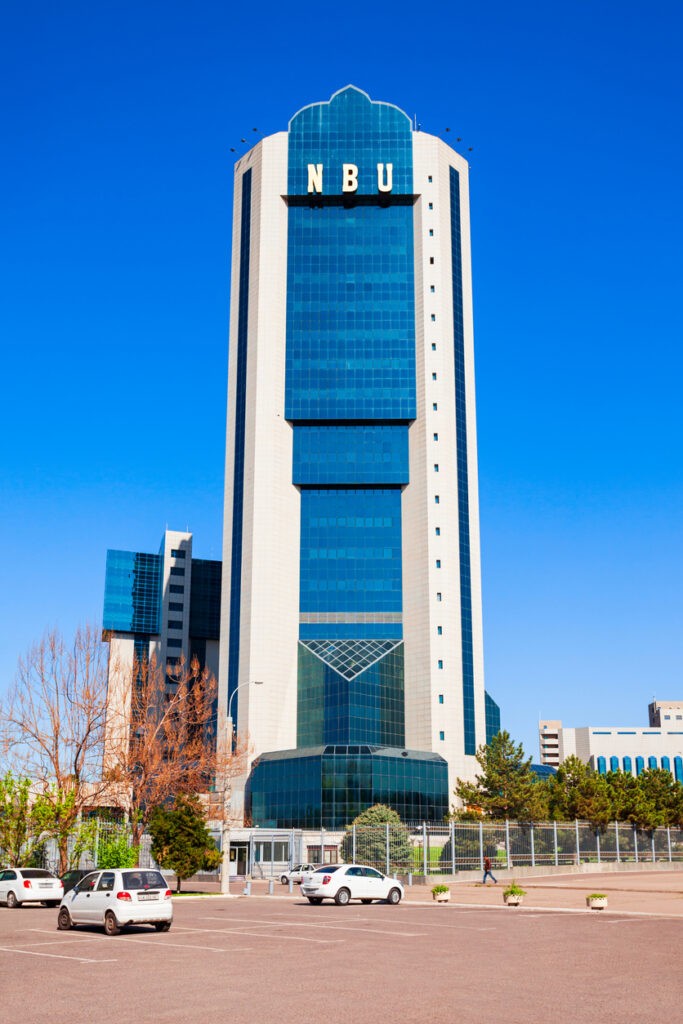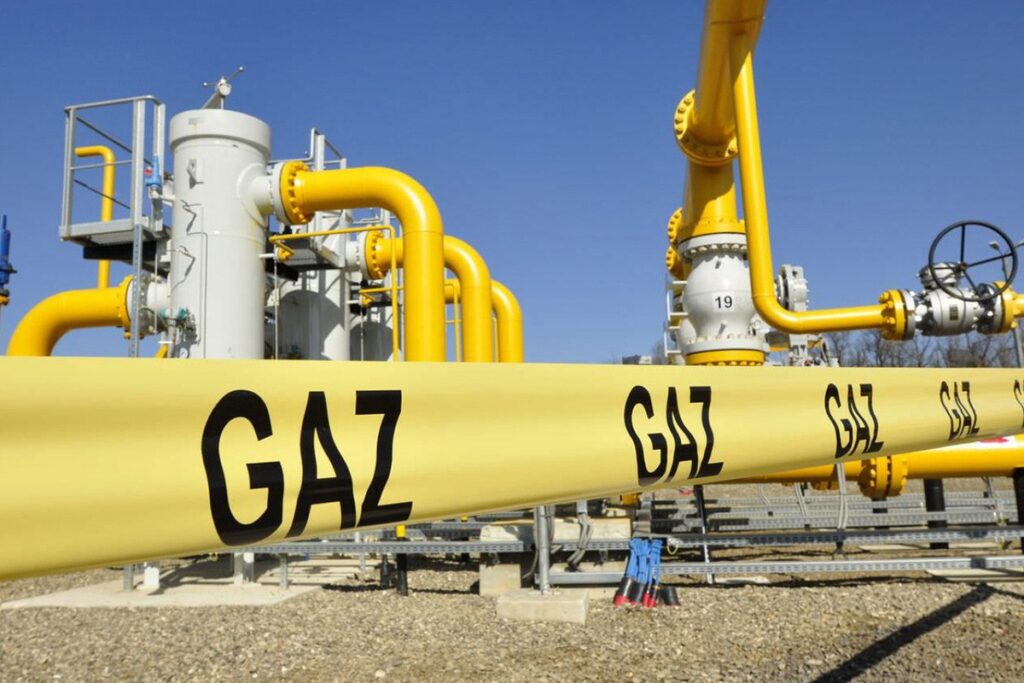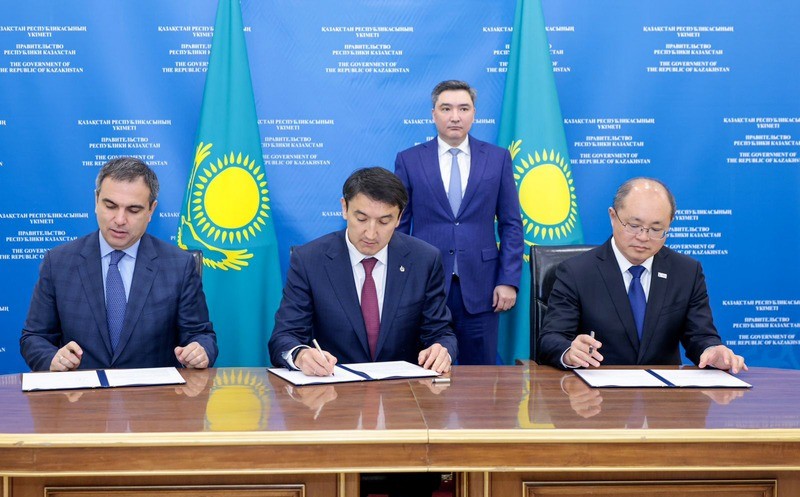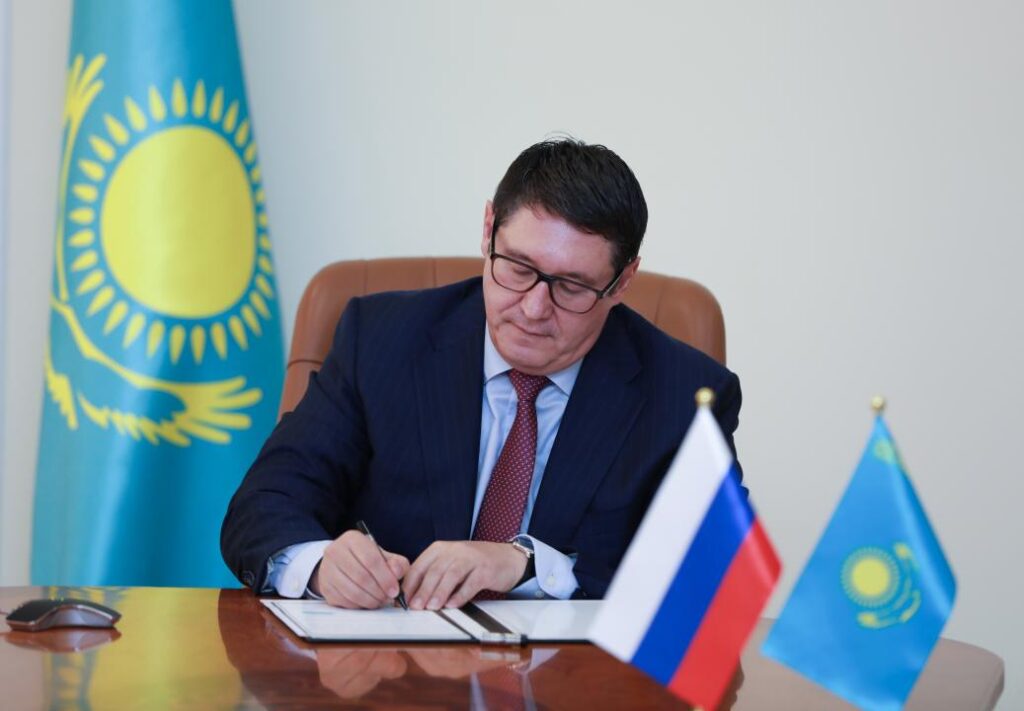Uzbekistan’s Migrant Laborers Remittances From Russia in Sharp Decline
Remittances to Uzbekistan from Russia have decreased by 68 % in the first quarter in 2024. Declining remittances have been observed since 2023, when Uzbeks working in Russia sent $8.58 billion home. According to experts at the World Bank, the reasons for the decline were several: a decrease in the number of migrant workers in Russia, devaluation of the ruble, and inflation keeping more of labor migrants' income in Russia to fund their basic needs. Uzbekistan became the leading nation in receiving remittances from Kazakhstan in 2023, at $588.62 million for the year. Remittances from Uzbeks living and working abroad account for 17.8% of the country's (gross domestic product) GDP. Uzbekistan continues to actively support labor migrants who wish to find employment abroad, offering them reimbursement for tickets and professional certification costs, and offering training in various professions and languages, as well as material and legal assistance. In parallel, the state is opening new markets for labor migration - among them Germany, Britain, Japan, South Korea, and Israel. Citizens of Uzbekistan with the appropriate qualifications and language skills can earn salaries abroad of $1,000-$1,500 per month.








